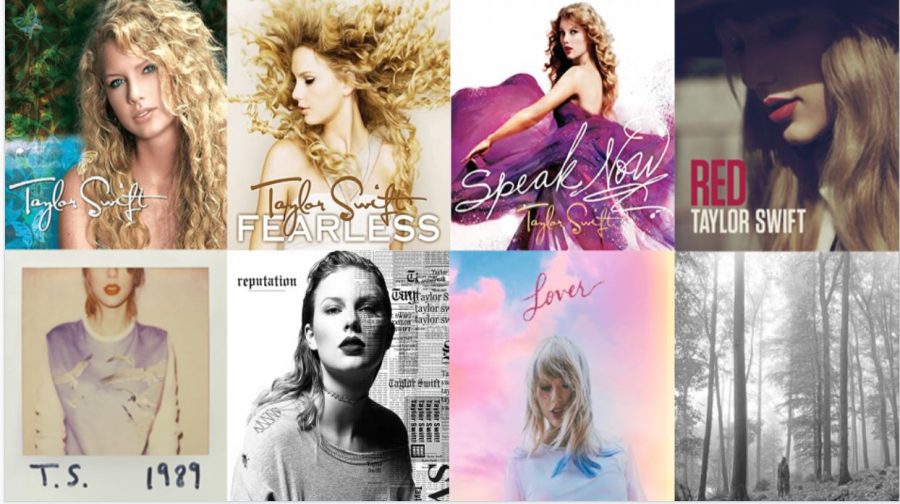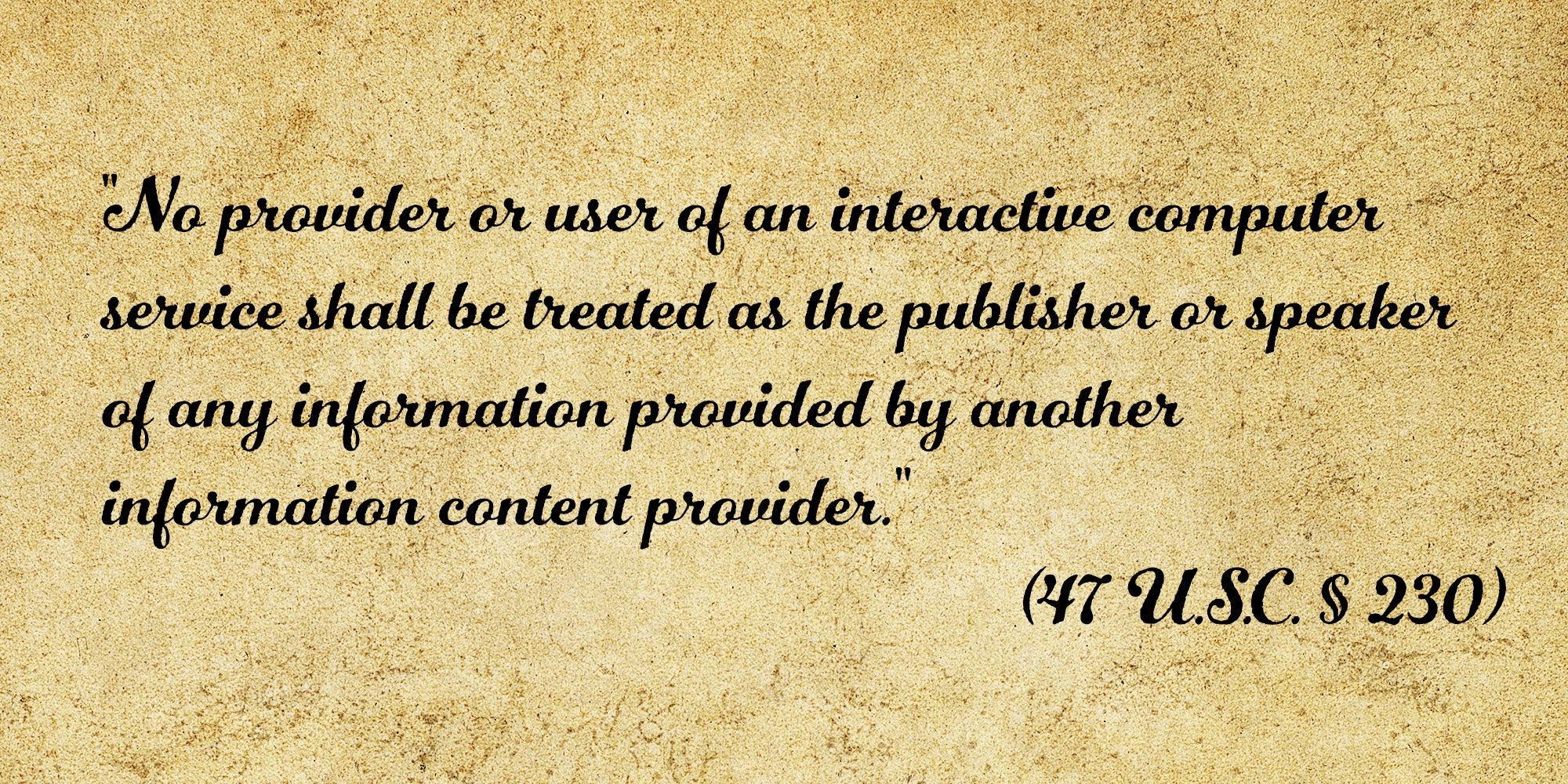Taylor Swift's Defamation Lawsuit Against Kanye West

Table of Contents
The "Famous" Song Lyrics and Their Interpretation
The crux of the lawsuit rested on specific lyrics from Kanye West's 2016 song, "Famous." The line in question, "I feel like me and Taylor might still have sex. Why? I made that bitch famous," sparked outrage and legal action from Swift.
- Analyzing the Lyrics: The ambiguity of the lyrics formed a central point of contention. While some interpreted the lyrics as boastful and crass, others argued they were not explicitly defamatory.
- Multiple Interpretations: The defense argued the lyrics were hyperbolic and artistic expression, not literal statements of fact. Swift's team, conversely, argued the lyrics implied she consented to a sexual encounter and damaged her reputation.
- Context is Key: The surrounding lyrics and the overall tone of the song were debated extensively in court. The context, the defense argued, indicated the song was not intended to be a factual account of events. Keywords: "Famous" lyrics, song lyrics defamation, interpretation of lyrics, defamatory meaning.
Taylor Swift's Claims of Defamation
Taylor Swift's lawsuit centered on her claim that the lyrics in "Famous" were defamatory, damaging her reputation and causing her emotional distress.
- Reputational Harm: Swift argued the lyrics portrayed her in a false and negative light, suggesting she was promiscuous and that her fame was solely due to West. This, she argued, caused significant damage to her professional and personal standing.
- Legal Definition of Defamation: To succeed in a defamation lawsuit, Swift had to prove the lyrics were false, published to a third party, caused her damage, and were made with at least negligence.
- Swift's Argument: Swift's legal team argued that West's statements were not only false but were also published widely, causing considerable harm to her reputation. They focused on the widespread media coverage and public perception following the release of the song. Keywords: defamation claim, reputational damage, legal definition of defamation, Swift's legal arguments.
Kanye West's Defense
Kanye West's defense strategy relied heavily on arguments of artistic expression and the First Amendment protection of free speech.
- Free Speech Argument: The defense maintained that the lyrics were an opinion, artistic expression protected under the First Amendment, and not a factual statement intended to harm Swift’s reputation.
- Lack of Malice: A key element of a defamation case is proving malice – that the statement was made with knowledge of its falsity or reckless disregard for the truth. The defense argued there was no evidence of malice on West's part.
- Legal Precedents: The defense cited legal precedents related to artistic expression and fair comment, arguing that the lyrics fell within the realm of permissible artistic license and commentary. Keywords: Kanye West defense, free speech argument, legal precedent, defamation defense strategies.
The Outcome of the Lawsuit
The Taylor Swift-Kanye West defamation lawsuit ultimately resulted in a settlement. Specific details of the settlement remain confidential.
- Settlement Agreement: While the exact terms are undisclosed, it's understood that a financial settlement was reached between the parties, ending the litigation.
- No Public Verdict: Because of the settlement, there was no public court ruling on the merits of the case, leaving the question of the song’s defamatory nature unresolved in a formal legal context.
- Financial Implications: While financial details remain private, the settlement likely involved significant costs for both parties, including legal fees and potentially compensatory damages for Swift. Keywords: lawsuit outcome, court ruling, financial settlement, legal repercussions.
The Lasting Impact and Implications
The Taylor Swift-Kanye West defamation case had lasting implications, both for the individuals involved and for the broader legal and cultural landscape.
- Career Consequences: While both artists continued to be successful, the lawsuit undoubtedly impacted their public image and relationships. The negative publicity surrounding the case became a significant part of their respective narratives.
- Legal Precedent: The case, while settling without a formal verdict, further clarified the complexities of applying defamation law in the context of artistic expression and celebrity culture. It highlights the challenges of balancing free speech protections with the right to protect one's reputation.
- Freedom of Speech and Artistic Expression: The case underscores the ongoing debate surrounding the limits of free speech, especially when it intersects with potentially harmful statements made within artistic endeavors. Keywords: lasting impact, career consequences, public image, freedom of speech, artistic expression, legal precedent.
Conclusion: Understanding the Taylor Swift-Kanye West Defamation Lawsuit
The Taylor Swift-Kanye West defamation lawsuit remains a significant case study in the intersection of law, celebrity culture, and artistic expression. While the settlement prevented a definitive legal ruling, the case highlighted the challenges of proving defamation in the context of ambiguous song lyrics and the complexities of applying defamation law to public figures. It serves as a stark reminder of the potential legal ramifications of public statements, particularly in the age of social media.
What are your thoughts on the Taylor Swift defamation lawsuit? Share your opinions in the comments below, and delve deeper into understanding defamation law with further research. [Link to relevant legal resource 1] [Link to relevant legal resource 2] Keywords: Taylor Swift Kanye West, Defamation Lawsuit, celebrity defamation, legal implications.

Featured Posts
-
 Did Trumps Middle East Tour Favor Arab States Over Israel
May 18, 2025
Did Trumps Middle East Tour Favor Arab States Over Israel
May 18, 2025 -
 Red Carpet Etiquette Why Guests Ignore The Rules
May 18, 2025
Red Carpet Etiquette Why Guests Ignore The Rules
May 18, 2025 -
 The Ultimate Taylor Swift Album Ranking From Worst To Best
May 18, 2025
The Ultimate Taylor Swift Album Ranking From Worst To Best
May 18, 2025 -
 Netflix Documentary Details Phone Call That Led To Bin Ladens Death
May 18, 2025
Netflix Documentary Details Phone Call That Led To Bin Ladens Death
May 18, 2025 -
 Cassie Responds To Diddy Assault Video Claims With Positive News
May 18, 2025
Cassie Responds To Diddy Assault Video Claims With Positive News
May 18, 2025
Latest Posts
-
 Report Claims Canada Post Is Effectively Bankrupt Recommends Phasing Out Door To Door Mail
May 18, 2025
Report Claims Canada Post Is Effectively Bankrupt Recommends Phasing Out Door To Door Mail
May 18, 2025 -
 Section 230 And Banned Chemicals A Recent E Bay Ruling
May 18, 2025
Section 230 And Banned Chemicals A Recent E Bay Ruling
May 18, 2025 -
 Debate Heats Up Car Dealers And The Future Of Ev Mandates
May 18, 2025
Debate Heats Up Car Dealers And The Future Of Ev Mandates
May 18, 2025 -
 Auto Dealers Push Back Against Mandatory Ev Sales Targets
May 18, 2025
Auto Dealers Push Back Against Mandatory Ev Sales Targets
May 18, 2025 -
 Car Dealers Intensify Fight Against Ev Sales Mandates
May 18, 2025
Car Dealers Intensify Fight Against Ev Sales Mandates
May 18, 2025
